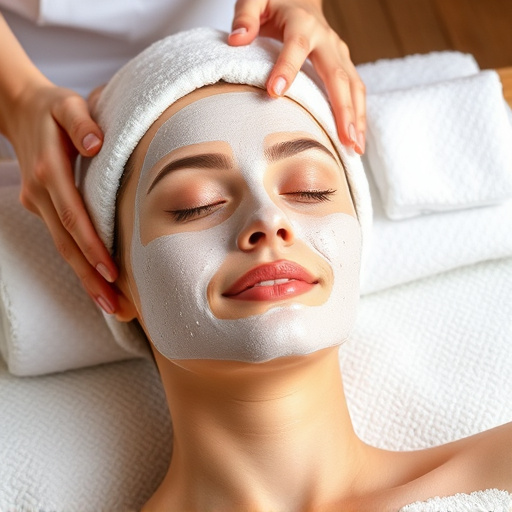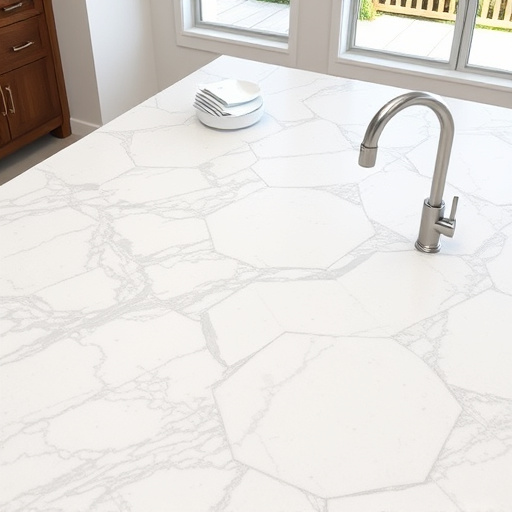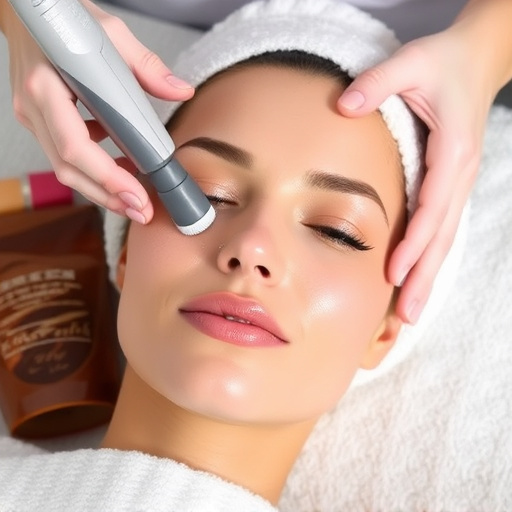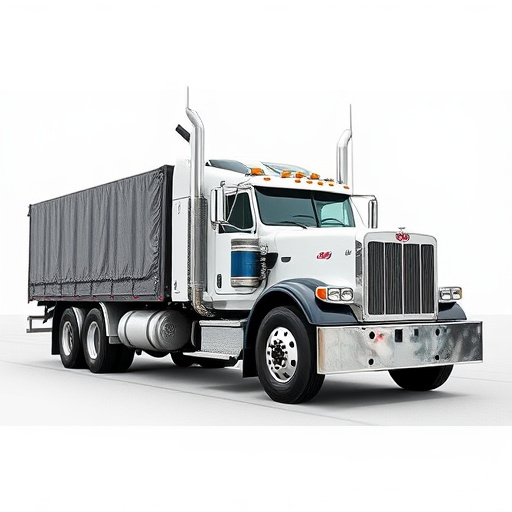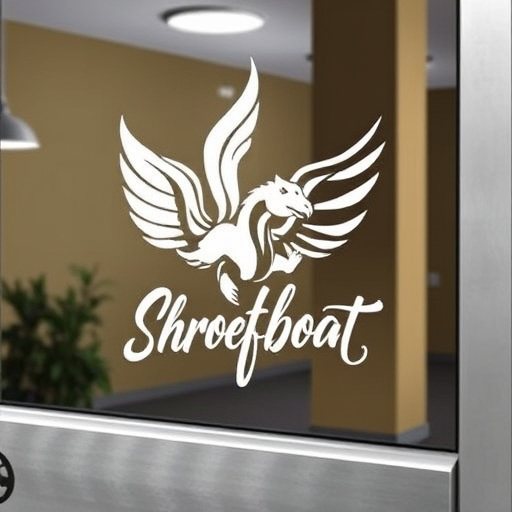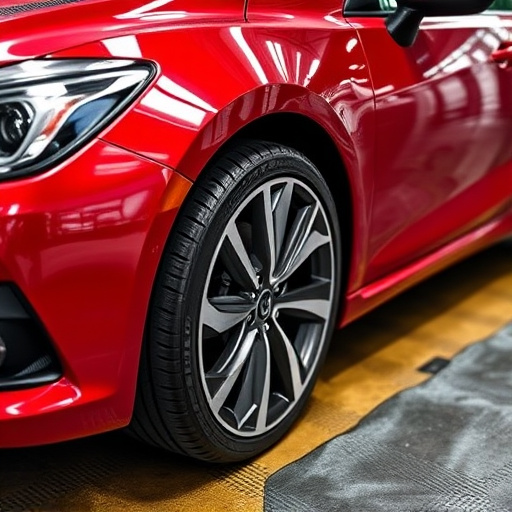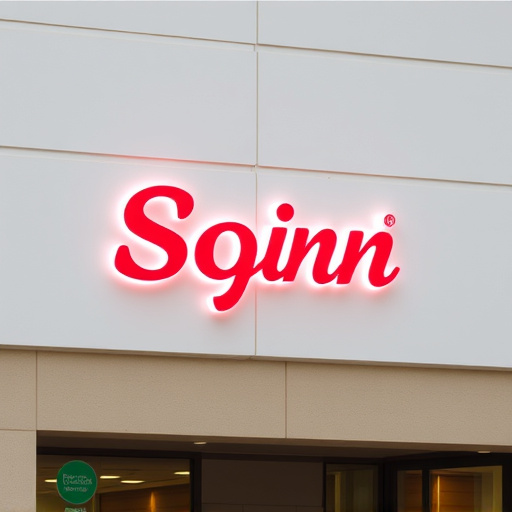Sustainable surface preparation methods using recycled, biodegradable materials and natural abrasives reduce environmental impact, enhance workplace safety, align with eco-conscious automotive trends, and provide innovative, competitive solutions. Green techniques like biodegradable agents, heat rejection systems, vinyl wraps, and low-VOC coatings prioritize ecological preservation while offering high-quality finishes and reduced carbon footprints for various surfaces. Adoption of these practices is growing as professionals and consumers prioritize environmental sustainability over traditional toxic methods.
“In an era where sustainability is paramount, exploring eco-friendly solutions for surface preparation is not just a choice but a necessity. This comprehensive guide delves into the world of green practices, offering insights on effective and sustainable methods. From selecting the right materials to understanding their impact, we explore how to revolutionize traditional surface prep techniques. Embrace efficient, environmentally conscious approaches that contribute to a greener future while achieving superior preparation results.”
- Choosing Sustainable Materials for Surface Prep
- Eco-Friendly Techniques for Efficient Surface Preparation
- The Impact of Green Practices in Surface Preparation Work
Choosing Sustainable Materials for Surface Prep
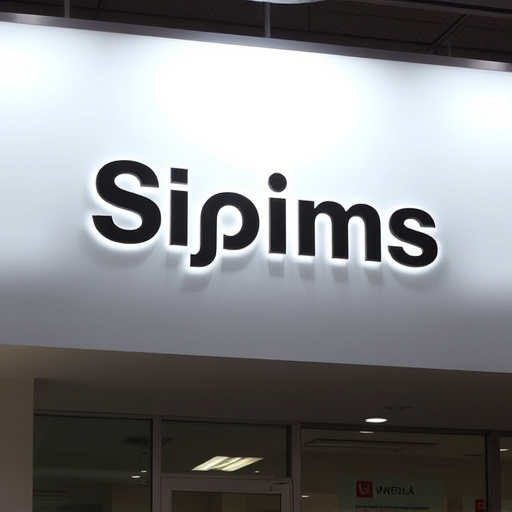
When engaging in surface preparation work, selecting sustainable materials is a key step towards eco-friendly practices. Opting for environmentally friendly options doesn’t mean sacrificing quality; instead, it ensures that your project contributes to a greener future. Consider using recycled or biodegradable materials whenever possible. For instance, biodegradable cleaning agents and natural abrasives can effectively clean and prepare surfaces without leaving harmful residues. These choices not only reduce environmental impact but also offer health benefits by eliminating toxic chemicals from your workspace.
Choosing sustainable materials for surface preparation is a strategic decision that aligns with the growing trend of premium automotive services focusing on vehicle enhancement while prioritizing high-quality finishes that are also eco-conscious. By embracing these options, professionals in the industry can cater to clients who value both aesthetics and sustainability. This shift not only benefits the environment but also opens doors to innovative solutions that could set your business apart in a competitive market.
Eco-Friendly Techniques for Efficient Surface Preparation
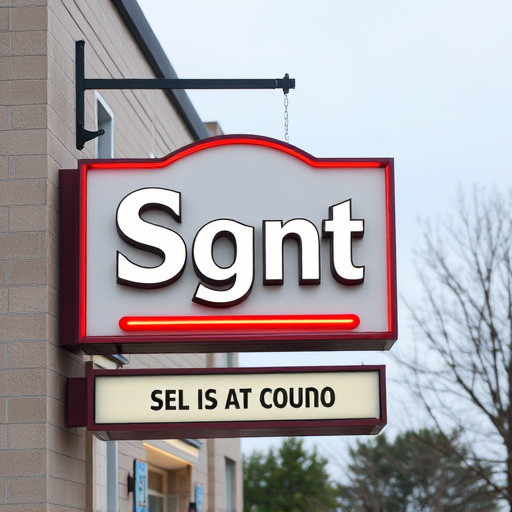
In today’s eco-conscious world, surface preparation doesn’t have to come at the cost of environmental harm. Adopting green techniques can significantly reduce the ecological footprint left by traditional methods. One such approach is using biodegradable cleaning agents and natural abrasives, which not only minimize toxic waste but also ensure a safer working environment. For instance, citrus-based cleaners are highly effective in removing grease and grime while leaving no harmful residues.
Additionally, heat rejection systems can play a pivotal role in efficient surface preparation. These systems utilize water or other coolants to regulate temperature during the grinding or polishing process, thereby reducing energy consumption and minimizing thermal damage to the surface. This method is particularly beneficial for materials prone to heat-related degradation, ensuring they retain their high-quality finishes and scratch protection over time.
The Impact of Green Practices in Surface Preparation Work
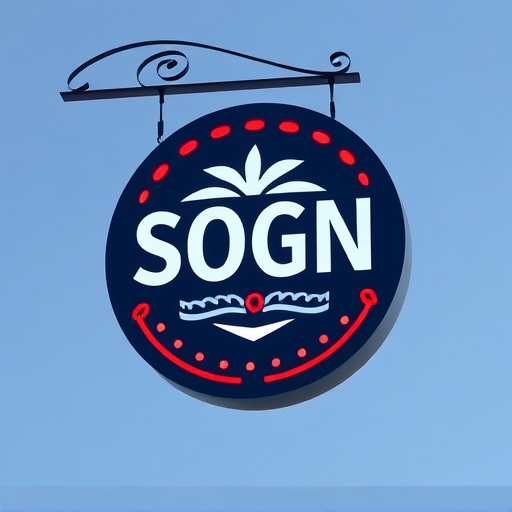
The adoption of green practices in surface preparation work is a growing trend, driven by a heightened environmental consciousness among professionals and consumers alike. Traditional methods often involve toxic chemicals and non-sustainable materials, contributing to pollution and ecological degradation. In contrast, eco-friendly techniques prioritize minimizing these impacts, ensuring safer working conditions for personnel and preserving the surrounding environment.
By opting for greener alternatives like vinyl wraps, protective coatings, and window tinting with low-VOC (volatile organic compound) formulations, professionals can significantly reduce their carbon footprint. These methods not only promote sustainability but also offer numerous practical benefits. For instance, eco-friendly protective coatings provide superior durability and resistance to weather conditions, ensuring longer-lasting results while preserving the aesthetics of surfaces, from walls to vehicles.
In the pursuit of sustainable practices, choosing eco-friendly materials and techniques for surface preparation is not just beneficial for the environment but also for businesses looking to enhance their green credentials. By adopting greener methods, such as utilizing biodegradable cleaners and water-based technologies, companies can reduce their ecological footprint while ensuring efficient and effective surface prep work. The positive impact extends beyond local ecosystems, promoting a healthier planet for future generations. Embracing these practices is a crucial step towards a more sustainable and responsible approach to surface preparation in various industries.


